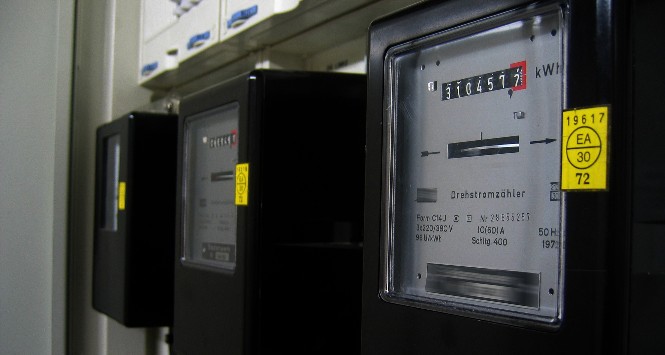Business groups, including the Association of Convenience Stores, have written to the Business Secretary calling on him to rethink plans to slash the support provided to businesses amid fears of widespread closures in the summer.
The current Energy Bill Relief Scheme – which is running for six months from October 2022 to March 2023 – protects the hardest hit businesses, especially those who entered into fixed contracts at the height of wholesale market prices, from rates up to £1 per kWh for their electricity. The less than 2p discount provided by the government in the new Energy Bill Discount Scheme coming into force from April 2023 will put many of these essential local businesses at risk of closure.
The letter sets out that the option to renegotiate contracts should be automatically available to businesses where energy suppliers can confirm:
- they negotiated their new energy contract within the peak wholesale price period of 2022 (between July and December 2022).
- they can confirm the level of wholesale price on the contract is above the EBRS wholesale price cap.
- they can confirm the end date of the contract to demonstrate the length of exposure to higher prices beyond the existing EBRS (from April 2023 onwards).
James Lowman, Chief Executive of the Association of Convenience Stores said: “The government has failed in its attempt to come up with a solution to help businesses that need urgent support on energy costs, instead opting for a scattergun approach that won’t make a dent in the bills of thousands of shops facing huge hikes in the energy bills this year. Without urgent intervention to allow businesses to renegotiate fairer contracts, local shops will be forced to close their doors in numbers.”
Martin McTague, National Chair of the Federation of Small Businesses, added: “Many small firms have signed up to fixed contracts before the recent drop in wholesale energy prices. The Government must not pull the rug from under these vulnerable businesses, exposing them to massive bill hikes in contracts they encouraged businesses to sign up to in the first place. Support for this cohort of vulnerable businesses – by allowing them to renegotiate contracts so they benefit from the wholesale price reduction – should be considered.”
Andrew Goodacre, Chief Executive of the British Independent Retailers Association, said: “Last summer the energy market was chaotic with retailer and energy suppliers not sure what would happen next. As a result many businesses are tied into paying high rates for energy even though wholesale prices have fallen. Allowing these businesses to renegotiate will save money for the government but also be a lifeline for thousands of indie retail shops.”







